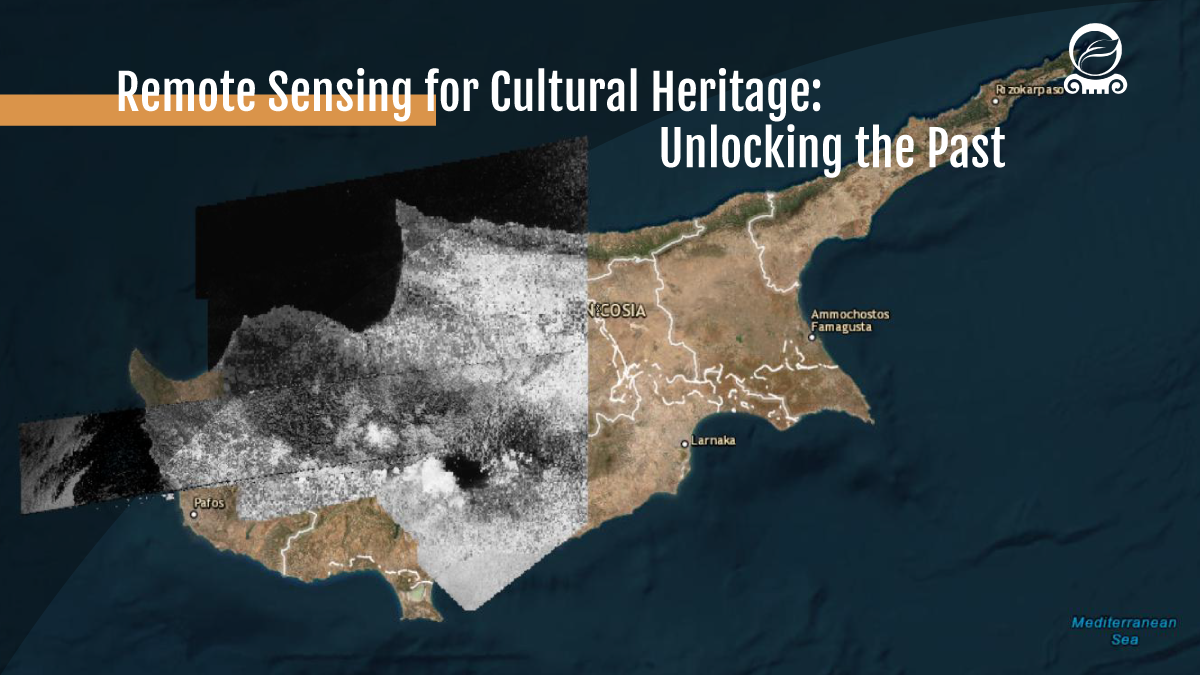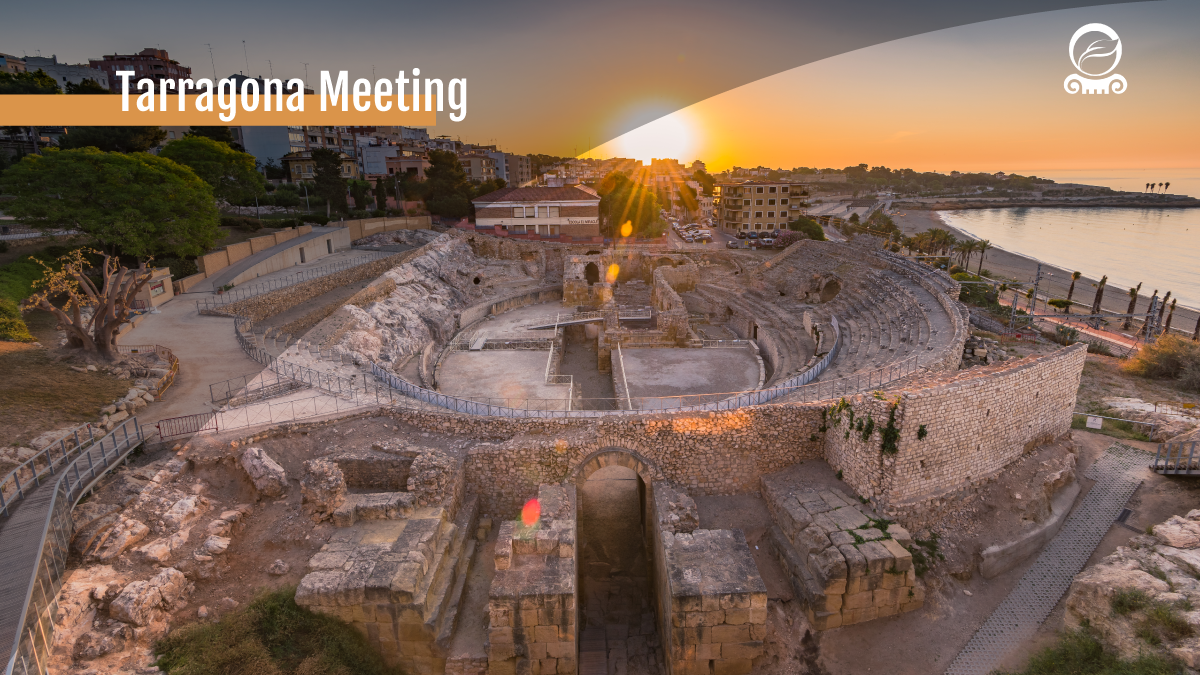PROJECT
The CHANGES project aims to enhance understanding of historical climate change impacts by integrating interdisciplinary and international research. It combines written, archaeological, historical, and iconographic evidence with geological and environmental analyses to compare ancient and modern environmental challenges. This approach provides unique insights into the continuity of climate issues across history.
Latest Events
Stay up to date with the latest findings from Project Changes!
From groundbreaking fieldwork to expert-led workshops, this section keeps you informed on new discoveries and interdisciplinary collaborations shaping our understanding of climate change—past and present.
Tracing the Vanishing Shore: Remote Sensing Approaches to Coastal Erosion NEW WORKSHOP Friday, 12 December 2025 online Christos Theocharidis is an Assistant Researcher at the ERATOSTHENES Centre of Excellence and he will present an overview of coastal erosion and its impacts on shoreline
Remote Sensing for Cultural Heritage: Unlocking the Past This workshop is designed to provide basics of remote sensing applied to cultural heritage. Participants will gain a practical understanding of how to access, process, and analyze satellite and aerial imagery for heritage research, including
Protocols, technologies, and preliminary results Another amazing experience with the CHANGES Project at Tarragona! Location: Department of History of the University Rovira i Virgili - Tarragona (Spain) Dates: 22 November 2025 Protocols, technologies and preliminary results: point of the situation at the end
Partners
Our network of partners—including research institutions, universities, and environmental experts—brings together diverse perspectives to explore historical climate change and its modern implications.




